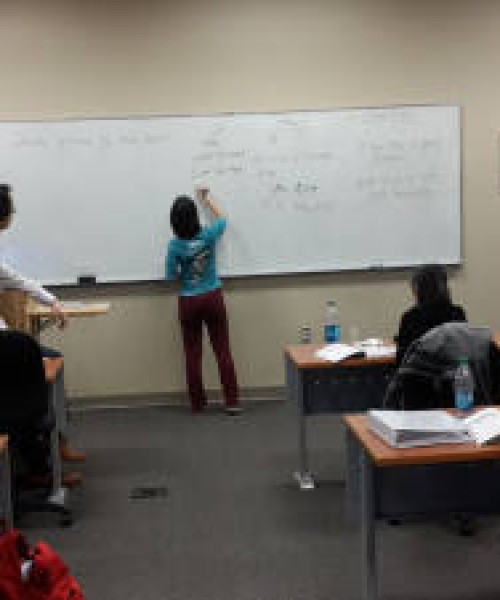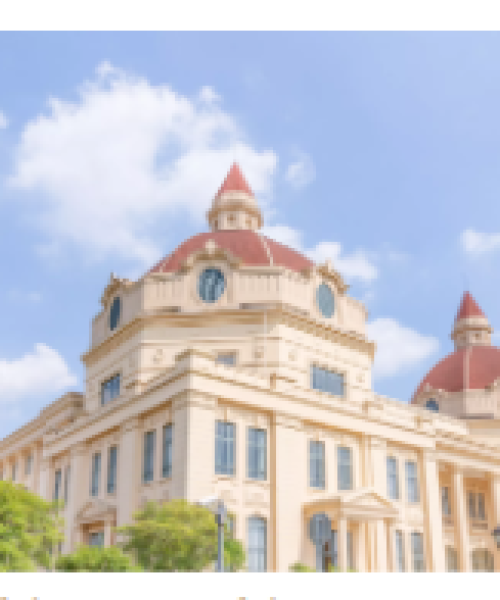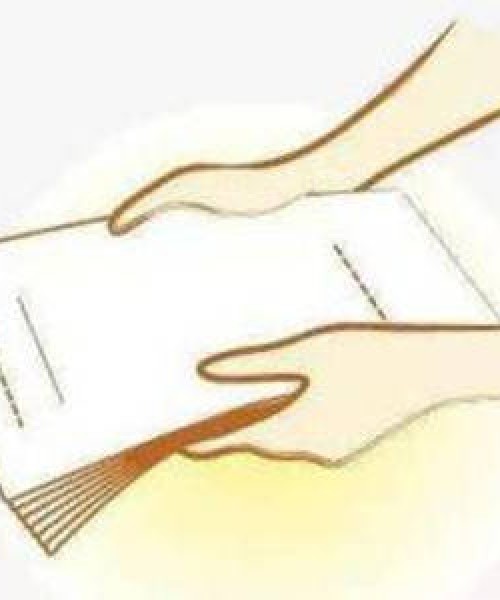The Qingming (Pure Brightness) Festival is one of the 24 solar terms in China, falling on April 4-6 each year. After the festival, the temperature will rise up and rainfall increase. It is the high time for spring plowing and sowing. In the past, the Qingming Festival was called “Arbor Day”, but since 1979, “Arbor Day” was settled on March 12 according to the Gregorian calendar.
清明节是我国24节气之一,在每年农历的4月4-6之间。清明过后,气温逐渐上升,雨水也增多,这是春耕播种的好时机。在过去,清明节也被称作植树节,后来从1979年后,植树节被定在公历的5月12日。
But the Qingming Festival is not only a solar term to guide farm work, it is more a festival of commemoration. It sees a combination of sadness and happiness. This is the most important day of sacrifice. Both the Han and minority ethnic groups at this time offer sacrifices to their ancestors and sweep the tombs of the diseased. On each Qingming Festival, all cemeteries are crowded with people who come to sweep tombs and offer sacrifices, but the customs have been greatly simplified today. After slightly sweeping the tombs, people offer food, flowers, then burn incense and ghost money. In short, it’s a time to cherish the memory of our ancestors and show our respect to them. Also, it’s a time for family gathering.
清明节不仅是指引人们开始农活的节气,也是举行祭祀最重要的节日,纪念悲伤和喜悦的日子。汉族和少数民族为祖先奉上祭品,为逝者扫墓。清明这天,墓园都是来祭祖扫墓的人,只是祭奠形式都有所简化。清扫墓地后,人们会奉上食物,鲜花,然后烧香烧纸钱。总之,清明是怀念与死去的家人的记忆,表示尊重的一天。同样,也是家人团聚的一天。
关于天下无贼的英语作文
考试后如何放松 How to Relax after Exams










